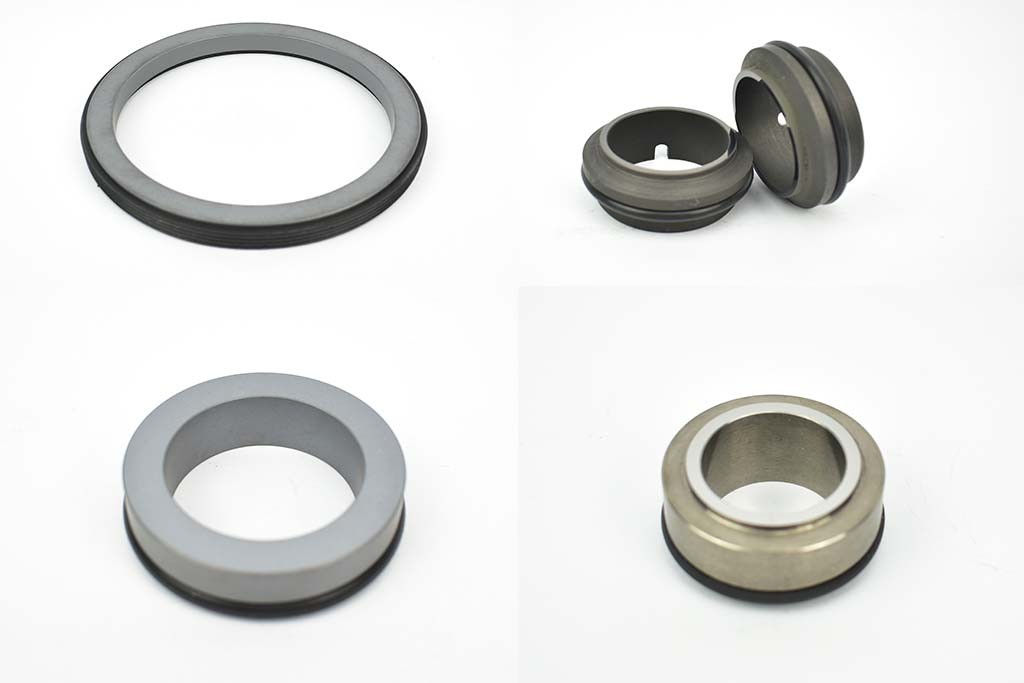How to choose a Mechanical Seal face material
 A Mechanical Seal face material is selected by understanding the condition the mechanical seal will be subjected to. The media/ fluid that will be in contact with the mechanical seal, and the pressure that will be exerted, influence the performance of a mechanical seal.
A Mechanical Seal face material is selected by understanding the condition the mechanical seal will be subjected to. The media/ fluid that will be in contact with the mechanical seal, and the pressure that will be exerted, influence the performance of a mechanical seal.
For example: If the viscosity of the media is high, a finer and more uniform grained structured material is required to withstand the friction during rotation which produces heat.
The most common materials for a Stationary Seal are: Ceramic , Carbon, Silicone Carbide and Tungsten Carbide. Each material has its limits weighing it with costs.
Ceramic and Carbon are the most economical material available for stationary seal, thus the most commonly used for various pumps such as hydraulic pumps, dirty water pumps, and fire fighting pumps.
Silicone Carbide is the next best choice of material for an economical yet longer lasting seal. Silicone carbide’s hardness and durability makes it a good material for use in food products, the discharge during rotation is minimal from this material.
Tungsten Carbide may be one of the highest grade of material to be used in mechanical seals. It has better durability and hardness. Best used for high temperature and to maintain media quality during operation. The drawback for tungsten carbide is the difficulty to process and higher cost for material.





